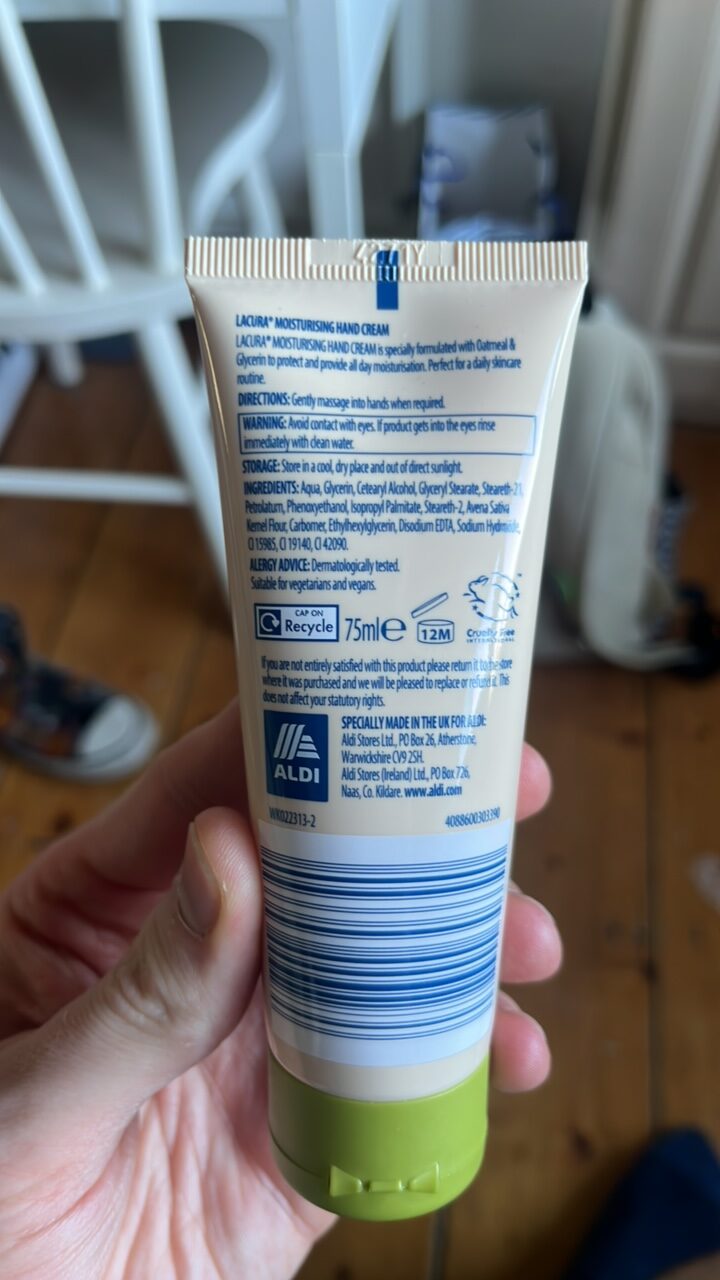
Barcode: 4088600303390
unknown
HALAL
📝 Reason: All ingredients listed are either synthetic or derived from plant sources, which are considered Halal under Islamic dietary laws. There are no Haram ingredients or E-codes present in the product. Therefore, the product is classified as Halal.
📄 Certificates: None
Ingredients:
Details
Understanding the Halal Status of the Unknown Product
When you’re searching for products that comply with Islamic dietary laws, knowing the Halal status is crucial. In this article, we will dive deep into the Halal status of the unknown product. According to our findings, the product is classified as HALAL. Every ingredient in this product has been assessed, and none are categorized as Haram.
Why is the Product Considered Halal?
The primary reason this product is endorsed as Halal lies in its ingredients. The formulation consists entirely of components that are either synthetic or derived from plant sources. Here’s a breakdown of each of the ingredients and their Halal status:
Ingredients Breakdown
- Aqua: Water is universally recognized as Halal.
- Glycerin: Plant-derived glycerin is considered Halal under Islamic dietary laws.
- Cetearyl Alcohol: This ingredient can be derived from plants or produced synthetically, both of which are Halal.
- Glyceryl Stearate: Derived from Halal sources, thereby classified as Halal.
- Steareth-21: As it can be synthetic or derived from plants, it is also considered Halal.
- Petrolatum: Despite being a petroleum derivative, it meets Halal guidelines.
- Phenoxyethanol: A synthetic preservative that is accepted as Halal.
- Isopropyl Palmitate: This ingredient is considered Halal as it’s derived from Halal sources.
- Steareth-2: Similar to other steareth ingredients, it can be synthetic or plant-derived, thus Halal.
- Avena Sativa: Commonly known as oat extract, which is deemed Halal.
- Kemel Flour: Being plant-derived, this ingredient is categorized as Halal.
- Carbomer: This is a synthetic polymer, which falls under the Halal category.
- Ethylhexylglycerin: Often regarded as Halal due to its synthetic or plant-derived nature.
- Disodium EDTA: Another synthetic preservative that is also Halal.
- Sodium Hydmile: Can be synthetic or derived from plants, thus classified as Halal.
- C142090: This colorant is considered Halal if derived from synthetic or plant sources.
Conclusion
In conclusion, the unknown product stands firmly in the Halal category. Every ingredient is either synthetically produced or derived from natural, Halal sources. Thus, Muslims can confidently use this product without the concern of violating dietary restrictions.
If you are looking for products that are Halal-certified, always check the ingredient list. Educating yourself about various E-numbers and the sources of ingredients helps in making informed choices that align with your principles. Rest assured that this particular product adheres to Islamic dietary laws, and enjoy its benefits without hesitation.
